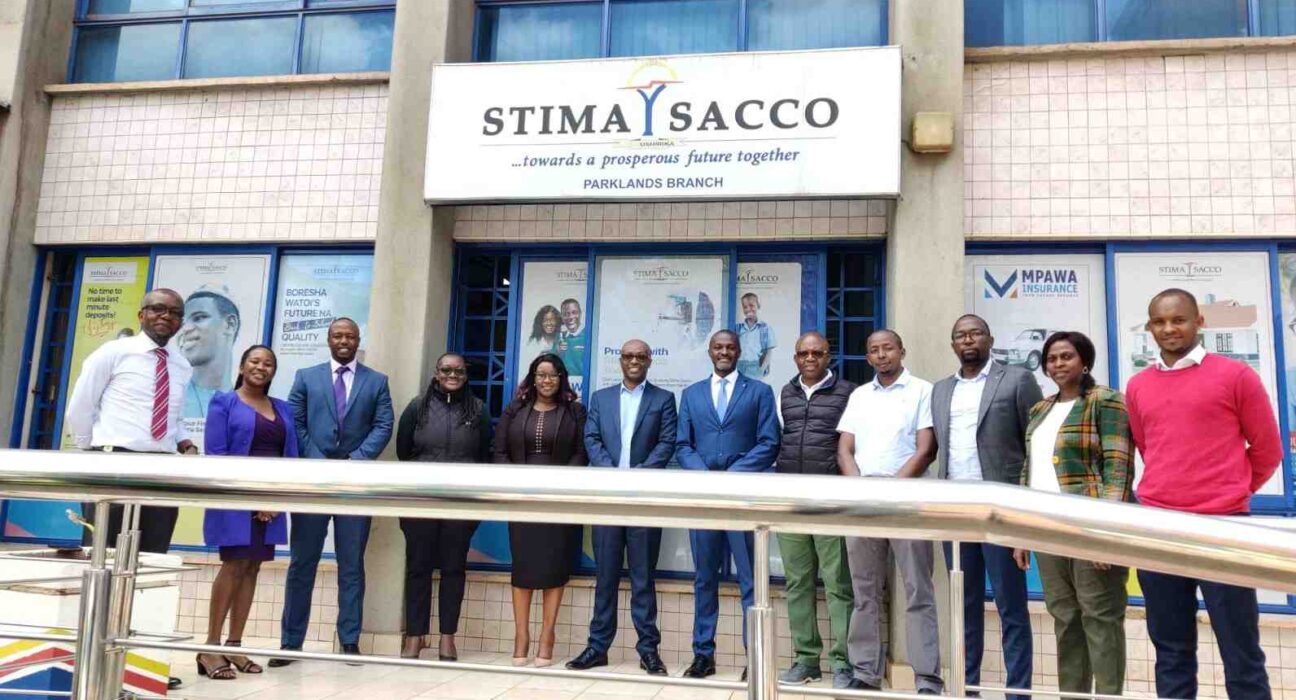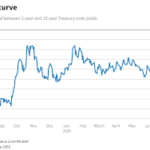Savings and Credit Cooperative Societies (SACCOs) play a significant role in the financial landscape of Kenya, offering an accessible means of saving and accessing credit for millions of members. A key concept within SACCOs is share capital, which forms the foundation of a SACCO’s financial structure and influences its operations, member benefits, and overall stability. This article provides a comprehensive exploration of SACCO share capital, its importance, and how it impacts both the SACCO and its members.
What is SACCO Share Capital?
SACCO share capital refers to the funds that members contribute when they join a SACCO. These contributions are essentially the members’ ownership stakes in the SACCO, representing their share in the organization. Unlike deposits or savings, share capital is not meant to be withdrawn at will; instead, it forms part of the SACCO’s permanent capital base. This capital is crucial for the SACCO’s financial health and is used to fund operations, offer loans, and invest in various opportunities that generate income for the SACCO and its members.
Share capital contributions can vary depending on the SACCO’s policies, but they are generally mandatory for all members. The amount required may depend on the SACCO’s size, the nature of its business, and the specific membership class. In many cases, members can increase their share capital over time, which can entitle them to additional benefits.
The Role of Share Capital in SACCO Operations
Share capital is the lifeblood of a SACCO, providing the necessary financial resources for its day-to-day operations. It allows the SACCO to extend credit facilities to its members, invest in infrastructure, and cover administrative expenses. The more substantial the share capital, the greater the SACCO’s ability to offer competitive loan products, develop new services, and ensure operational sustainability.
Moreover, share capital acts as a cushion against financial risks. In times of economic uncertainty or when the SACCO faces financial challenges, a robust share capital base helps absorb shocks, protecting the SACCO from potential insolvency. This stability is crucial for maintaining member confidence and ensuring the SACCO’s long-term viability.
Member Benefits: Dividends and Voting Rights
One of the primary benefits of contributing to a SACCO’s share capital is the potential to earn dividends. Dividends are a share of the SACCO’s profits distributed to members based on the amount of share capital they hold. The more shares a member owns, the higher their dividend payout, making share capital an attractive investment for members looking to grow their wealth over time.
In addition to financial returns, share capital also grants members voting rights in the SACCO’s decision-making processes. Typically, SACCOs operate on a “one member, one vote” principle, ensuring that all members have an equal say in how the SACCO is run, regardless of the amount of share capital they hold. This democratic structure empowers members to influence key decisions, such as electing the board of directors, approving budgets, and determining how profits are utilized.
Building and Growing Share Capital
For a SACCO to thrive, it must continuously build and grow its share capital base. This can be achieved through various strategies, including encouraging existing members to increase their share capital contributions, attracting new members, and offering incentives such as higher dividend rates for larger shareholdings.
Many SACCOs also implement compulsory share capital increment policies, where members are required to increase their share capital contributions periodically. This approach ensures a steady growth of the SACCO’s capital base, enabling it to expand its services and enhance member benefits. Additionally, some SACCOs may offer preferential loan rates or other perks to members with higher share capital, further incentivizing contributions.
The Importance of Share Capital for SACCO Stability
A strong share capital base is critical for the stability and sustainability of a SACCO. It provides the financial foundation needed to navigate economic challenges, absorb potential losses, and invest in growth opportunities. SACCOs with robust share capital are better positioned to withstand external shocks, such as changes in interest rates, economic downturns, or regulatory adjustments.
Moreover, a well-capitalized SACCO can access additional funding from external sources, such as banks or development partners, who often require a certain level of share capital as a prerequisite for providing loans or grants. This external funding can be crucial for SACCOs looking to expand their operations, invest in technology, or launch new products and services.
Regulatory Requirements and Compliance
In Kenya, SACCOs are regulated by the SACCO Societies Regulatory Authority (SASRA), which sets specific requirements for share capital. SASRA mandates that all deposit-taking SACCOs maintain a minimum level of share capital to operate legally. This regulation ensures that SACCOs have sufficient capital to meet their financial obligations and protect member deposits.
Failure to meet the minimum share capital requirements can result in regulatory sanctions, including fines or revocation of the SACCO’s operating license. Therefore, SACCOs must regularly assess their capital levels and take proactive steps to ensure compliance with regulatory standards.
Challenges in Managing SACCO Share Capital
While share capital is essential for SACCOs, managing it effectively can present challenges. One common issue is the reluctance of members to increase their share capital contributions, especially if they do not fully understand the benefits. Additionally, some members may struggle to meet their share capital obligations due to financial constraints, impacting the SACCO’s overall capital base.
Another challenge is balancing the need to grow share capital with the imperative to distribute profits to members in the form of dividends. SACCOs must strike a delicate balance between retaining earnings to build capital and rewarding members for their contributions, ensuring long-term sustainability while keeping members satisfied.
Best Practices for SACCOs in Managing Share Capital
To effectively manage share capital, SACCOs should adopt best practices that promote transparency, member engagement, and prudent financial management. This includes regularly educating members about the importance of share capital, offering clear communication on how dividends are calculated, and providing detailed financial reports.
SACCOs should also consider implementing flexible share capital contribution policies that accommodate members with varying financial capabilities. Offering options for gradual share capital increments or setting achievable targets can encourage more members to participate without feeling financially burdened.
The Future of SACCO Share Capital in Kenya
As SACCOs in Kenya continue to grow and evolve, the importance of share capital will only increase. With the ongoing expansion of the SACCO sector, including the introduction of new technologies and financial products, SACCOs will need to build even stronger capital bases to remain competitive and resilient.
The future of SACCO share capital in Kenya will likely involve greater regulatory oversight, increased member education, and more innovative approaches to capital accumulation. By focusing on these areas, SACCOs can ensure that their share capital remains a pillar of strength, enabling them to serve their members effectively and contribute to the broader financial inclusion goals of the country.
Conclusion: Why SACCO Share Capital Matters
SACCO share capital is more than just a financial requirement; it is the backbone of a SACCO’s operations, stability, and member benefits. For members, it represents an opportunity to invest in their financial future, earn dividends, and have a say in the governance of their SACCO. For the SACCO itself, share capital is the foundation that supports growth, resilience, and long-term success.
Understanding the importance of share capital and actively contributing to it is crucial for both SACCOs and their members. As the SACCO sector in Kenya continues to thrive, a strong focus on building and managing share capital will be key to unlocking the full potential of these cooperative societies and ensuring their continued impact on the lives of millions of Kenyans.





